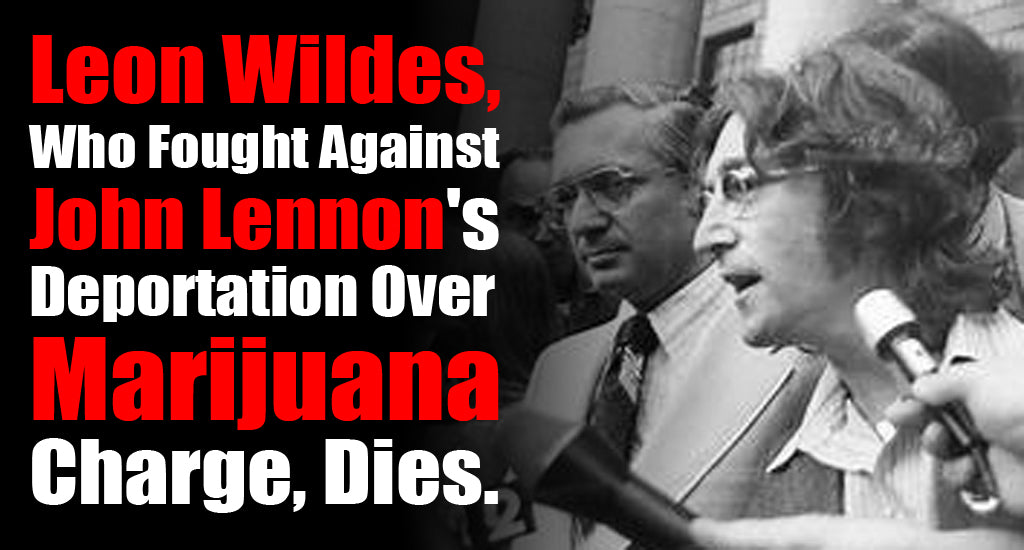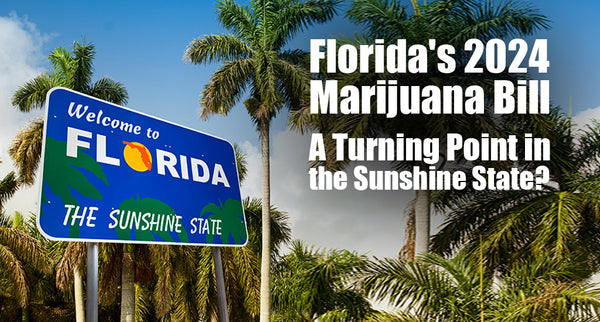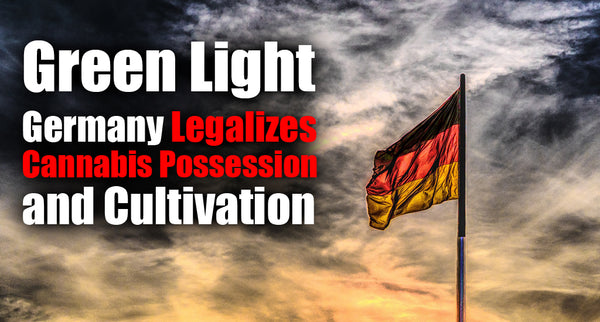
Leon Wildes, Who Fought Against Lennon's Deportation Over Marijuana Charge, Dies
Leon Wildes, a notable figure in immigration law, recently passed away at the age of 90. Wildes is best remembered for his pivotal role in preventing the deportation of John Lennon in the 1970s, a case that highlighted issues around immigration law, celebrity influence, and political activism.
The Unlikely Case
Leon Wildes was a graduate of the New York University School of Law and a co-founder of Wildes & Weinberg. His prominence in immigration law led to a unique encounter with John Lennon and Yoko Ono in the early 1970s. Initially unaware of Lennon's celebrity status, Wildes was hired to help extend their visas in the United States.
The situation quickly evolved into a high-profile legal battle, as Lennon's political activism and opposition to the Vietnam War placed him in the crosshairs of the Nixon administration, which sought to have him deported on the grounds of a previous drug conviction in the UK.
The Political Climate and the Deportation Battle
The Nixon administration's attempt to deport Lennon was seen as a politically motivated move, especially since Lennon was influential among the youth who were newly eligible to vote following the reduction of the voting age to 18. Lennon's planned tour of the U.S., which could have potentially mobilized many young voters, was a particular concern for Nixon's re-election campaign.
The charge against Lennon was based on a 1968 cannabis possession incident in London, which the U.S. authorities used as a pretext for his deportation.
The Legal Struggle and Wildes' Strategy
The legal fight was intense and drawn out, involving surveillance and harassment by the FBI. Wildes' strategy was innovative and meticulous. He exploited a loophole in the immigration law, differentiating between hashish and marijuana in Lennon's conviction. Moreover, Wildes brought to light the concept of "prosecutorial discretion," which allowed for varying standards in immigrant cases, significantly influencing the outcome of Lennon's case.
Conclusion: The Legacy of the Case
Lennon eventually won the case, receiving his green card in 1976. This victory had far-reaching implications beyond Lennon's personal situation. It influenced U.S. immigration policy and the treatment of other celebrities with similar issues, like Mick Jagger. The case's legacy also resonated in later years, influencing policies like President Obama's Deferred Action for Childhood Arrivals (DACA) program, which drew on similar principles of prosecutorial discretion. Wildes' work in this case is a testament to the power of legal expertise and strategy in the face of political pressure, leaving a lasting impact on U.S. immigration law and policy.
Leave a comment
Comments will be approved before showing up.



